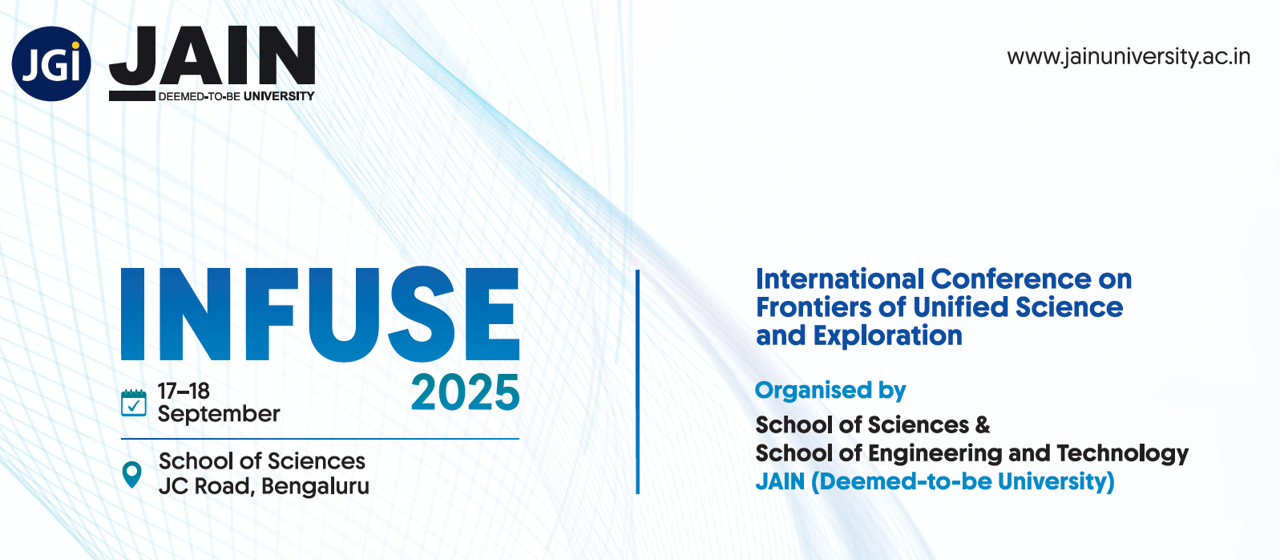Speaker
Description
The worldwide emergence of multidrug-resistant (MDR) pathogens alongside infections associated with biofilms accentuates the imperative for alternative antimicrobial methodologies. This study examines mycosynthesized nanoparticles (NPs) utilizing Trichoderma harzianum as environmentally benign biogenic agents targeting resistant bacterial strains. Thorough physicochemical evaluations validated the existence of stable, well-characterized NPs exhibiting distinct surface modifications attributable to fungal metabolites. The NPs exhibited pronounced antibacterial efficacy against a spectrum of MDR clinical isolates, significantly diminishing bacterial viability and constraining the development of resistance in comparison to ionic controls. Importantly, they effectively disrupted established biofilms and diminished the survival of persister cells, thereby demonstrating their potency against tolerant bacterial subpopulations. Combination assays indicated the presence of synergistic relationships with various antibiotics, resulting in reduced effective drug dosages and the resensitization of resistant strains. These results underscore the potential of T. harzianum derived NPs as promising candidates for adjunctive antimicrobial therapy, possessing the dual capability to inhibit biofilm-associated infections while simultaneously augmenting the efficacy of conventional antibiotics.

